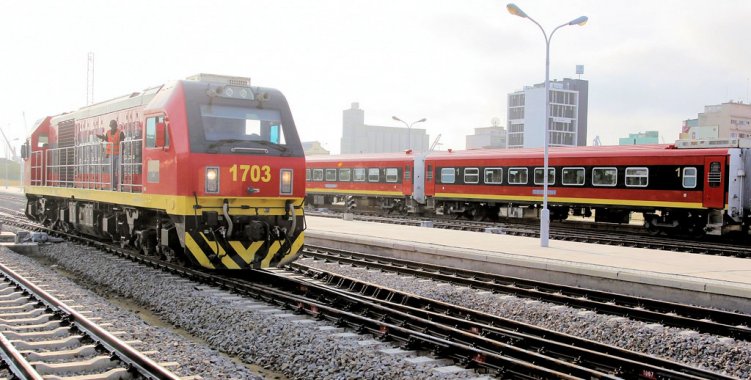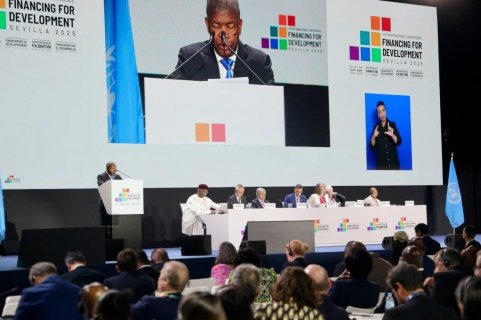"We are involved through MIGA, [a World Bank entity] that provides guarantees and support, and on the IFC side we are looking at how we could carry out follow-up projects with the consortium developing the project [the African Finance Corporation] and with the governments," said Sérgio Pimenta in an interview with Lusa, in Lisbon.
The Lobito Corridor connects the southern regions of the Democratic Republic of Congo (DRC) and northwestern Zambia to regional and global trade markets via the port of Lobito, in Angola.
The idea is for the IFC to act as an aggregator for suppliers of the companies participating in the project, for example by ensuring the supply of meals, transport and logistics services to these entities, using local companies, and thus boosting the economy of the regions of the three countries crossed by this railway connection.
"When a railway is developed, there is a huge ecosystem that can be created around that line, fostering local employment," said Sérgio Pimenta, adding that "a lot of economic activity is needed and this creates very interesting opportunities for partners, particularly for local companies, so our focus will be on how to support local companies to take advantage and create more economic activity."
In the interview, the head of the IFC's African department recalled the example of Guinea-Conakry, where the IFC not only financed a mine, but also guaranteed the supply needs of all the mines in the country.
"Miners need food, transport, services, so we created, with the different mining companies and with the support of the government, a supply exchange, in which contracts to supply the canteens or transport the trucks were made through this exchange that used the local market, and we also provided training for local companies to meet the necessary standards," he said.
This initiative, he concluded, "has created many local jobs with a very positive impact, not only in terms of taxes for the government and participation for local entities, but it has also allowed local companies to work not in the mine, but for the mine, and the idea is to set up a similar arrangement in the Lobito Corridor".
In January 2023, the ministers responsible for Transport and Development of Angola, the DR Congo and Zambia signed an agreement to restore the existing railway and facilitate traffic in this economic corridor.
In it, they committed to harmonizing legislation and infrastructure development strategies and to supporting greater participation of Small and Medium Enterprises (SMEs) in business value chains, especially in agriculture and mining, to increase trade and economic growth along the Lobito Corridor and the Southern African Development Community (SADC) region.
"We are seeing more and more projects with a pan-African character, which cross several countries, with the aim of adding value to raw material exports", said Sérgio Pimenta, concluding that African countries "are increasingly showing a desire to transform rather than just export, and move up the value chain".
The Lobito Corridor is the first strategic economic corridor developed under the auspices of the G7 Partnership for Global Infrastructure and Investment (GPI).
On the sidelines of the G20 Summit in September 2023 in New Delhi, the European Union, the United States, the governments of the three countries involved, as well as the African Development Bank and the Africa Finance Corporation, as the project promoter, signed a memorandum to join forces to support the development of the Corridor.







